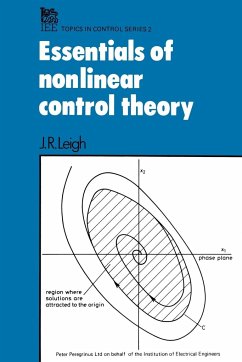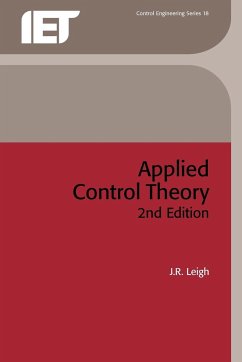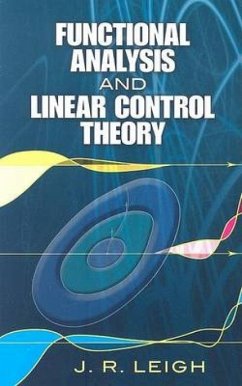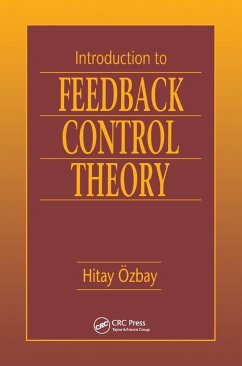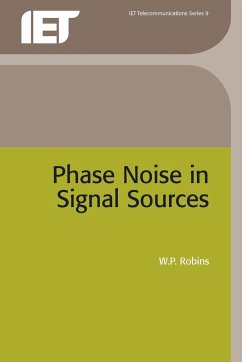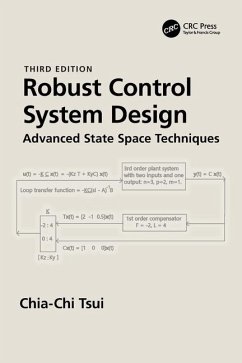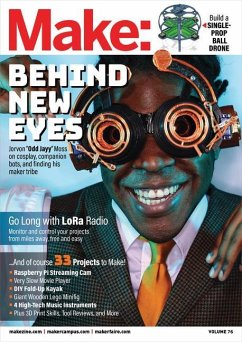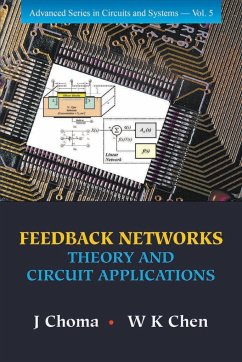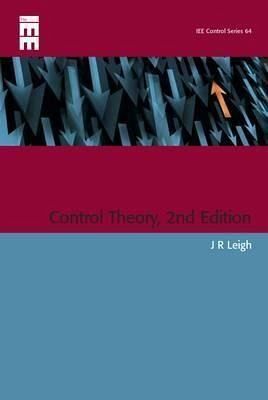
Control Theory
Versandkostenfrei!
Versandfertig in über 4 Wochen
68,99 €
inkl. MwSt.

PAYBACK Punkte
34 °P sammeln!
This fully revised and updated edition discusses how the rise of H infinity and similar approaches has allowed a combination of practicality, rigour and user interaction to be brought to bear on complex control problems and has helped bridge the gap between control theory and practice.



